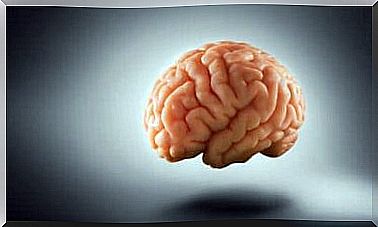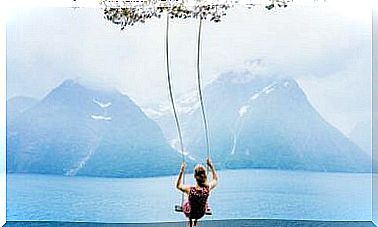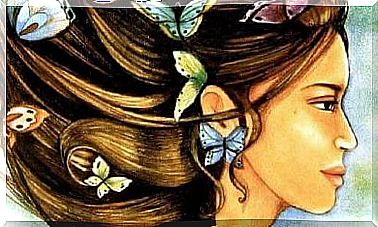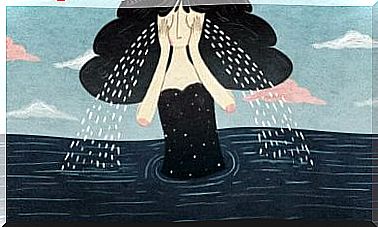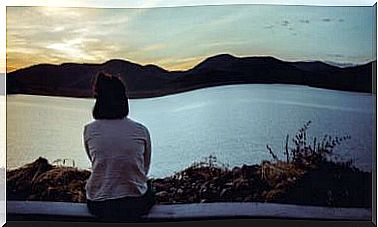The Evolution Of Romantic Love
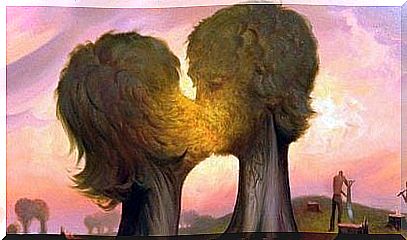
According to anthropologist Helen Fisher, humans are born to love. Whether it is right or not, this intense and complex feeling is also the source of our existence. Love is what inspires creativity. It also inspires the worries. Therefore, understanding the evolution of love will help you to dive deeper into your own essence.
If we said right now that “love is everything”, some people would probably be quite skeptical. As a culture, we tend (as an average) to be a bit cynical when it comes to this idea. Yet, from a biological, or even an anthropological perspective, this feeling, this vital revolutionary influence, has allowed us to survive as a species. Love is not just something that binds couples together. Its sole purpose is not to produce children and thus continue the species.
Devotion gives form to cooperation. It allows us to take care of another person. Love motivates us and it reduces anxiety and stress. It keeps fear away and even awakens our creative side. This is why it is important to understand its changes and evolution. Diving deeper into the evolution of romantic love will let you see how each step in your relationship has benefits, a function and an exalted meaning.
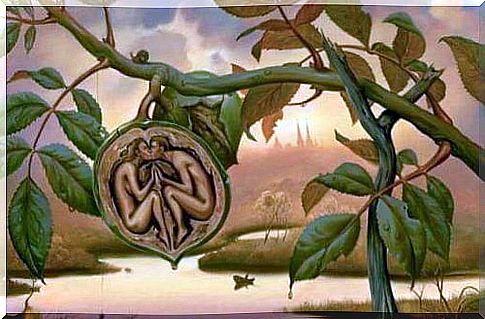
The evolution of romantic love – a variable but solid substance
Gerald Huther, neurobiologist and professor of neurobiology at the University of Gottingen in Germany, gives some interesting reformulations about human evolution. According to Huther, science has so far placed special emphasis on the aspect of natural selection within evolution and the survival of the fittest. But in Dr. Huther’s eyes, what has really allowed us to develop as a species is nothing but the delicate but incredibly solid glue called love.
Yet we all know that this is not a substance we can study under the microscope. Not only that, but it does not always last, and love rarely appears in the same form or condition. There are obstacles, disappointments, challenges. For both Gerald Huther and Helen Fisher, understanding the evolution of romantic love is nothing more important. If we understand the characteristics of each step, we will be more prepared for the ups and downs that come anyway. Let’s take a closer look at these.
Falling in love
This is the stage we tend to like the most. Falling in love is a precursor full of mysteries, fantasies and discoveries. At this stage we experience an explosive cocktail of dopamine, serotonin, oxytocin and norepinephrine. Everything is very intense at this stage. Emotions are overwhelming, and in your world nothing is more important than the special, the chosen.
Well-known psychologist John Gottman describes this stage in his book Principia Amoris: The New Science of Love. He says that the first stage of love defines what we know as infatuation. It is a state of absolute elegance characterized by euphoria and overwhelming happiness.
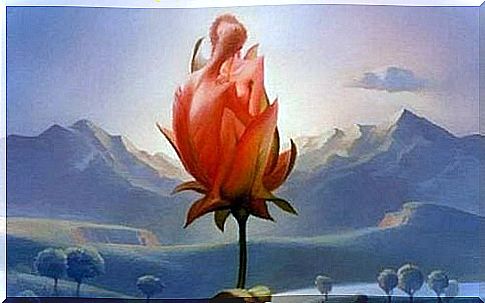
Romantic love or intimacy
After the hectic love affair has passed, a new stage comes. In this phase of the evolution of romantic love, both parties begin to doubt. Does this relationship mean the same thing to you as it does to me? Will you always be faithful to me? Can I trust you?
- These types of questions pave the way for a new phase: romantic love. The passion is still there, but now you also have fear, worry and above all, the desire to create something magical together, just the two of you. More than anything else, you want to connect with the one you love. It is obviously one of the finest stages in a relationship. It is now that the authentic journey begins. The obsession with falling in love disappears, and a real sense of trust arises.
- On the other hand, it is very common for problems to start coming in this phase. We want to strengthen our bond with the other person. Therefore, we must get to know each other better and resolve the disagreements we have. It’s like a dance, where both have to take care of their own steps without stepping on the other. At this stage, empathy, reciprocity, care and tolerance are of paramount importance.
If you can solve all these challenges efficiently and intelligently, you will mature enough to advance to the next levels.
Mature love, bound together by loyalty
There are no sure estimates of how long romantic love will last. Some say it lasts 4 or 5 years. Helen Fisher writes in an article that between 30% and 40% of older couples say that they are still at this stage. When the romance does not fade away, you are guaranteed a very satisfying connection to your loved one.
Yet John Gottman emphasizes the importance of working with mature love. He believes it’s all about being able to build a solid commitment. We need to see the other person as our best companion and team player, and value the other highly. Each partner must be careful with the other and cultivate a strong and understanding bond with the other. All of this will enrich both partners’ lives equally.
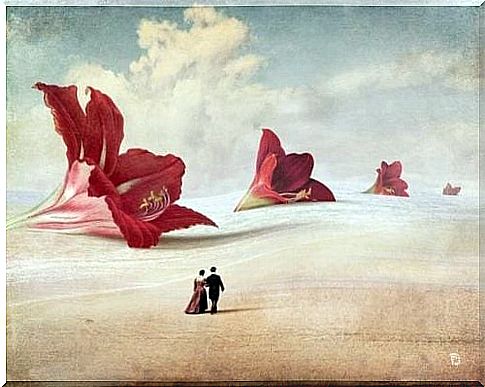
Something is clear about the evolution of romantic love. Time is not what determines when these phases occur. Love and its changes do not follow rules. If you want stability, commitment, loyalty and enriching happiness, a lot of work is required. You have to be like a craftsman, smooth out the rough edges and fix what is broken. You need to be encouraging and understanding. You need to know how to listen and teach your heart to understand and comfort.
It is a complex journey, there is no doubt about it. But love is an adventure that deserves joy, not sorrow.
